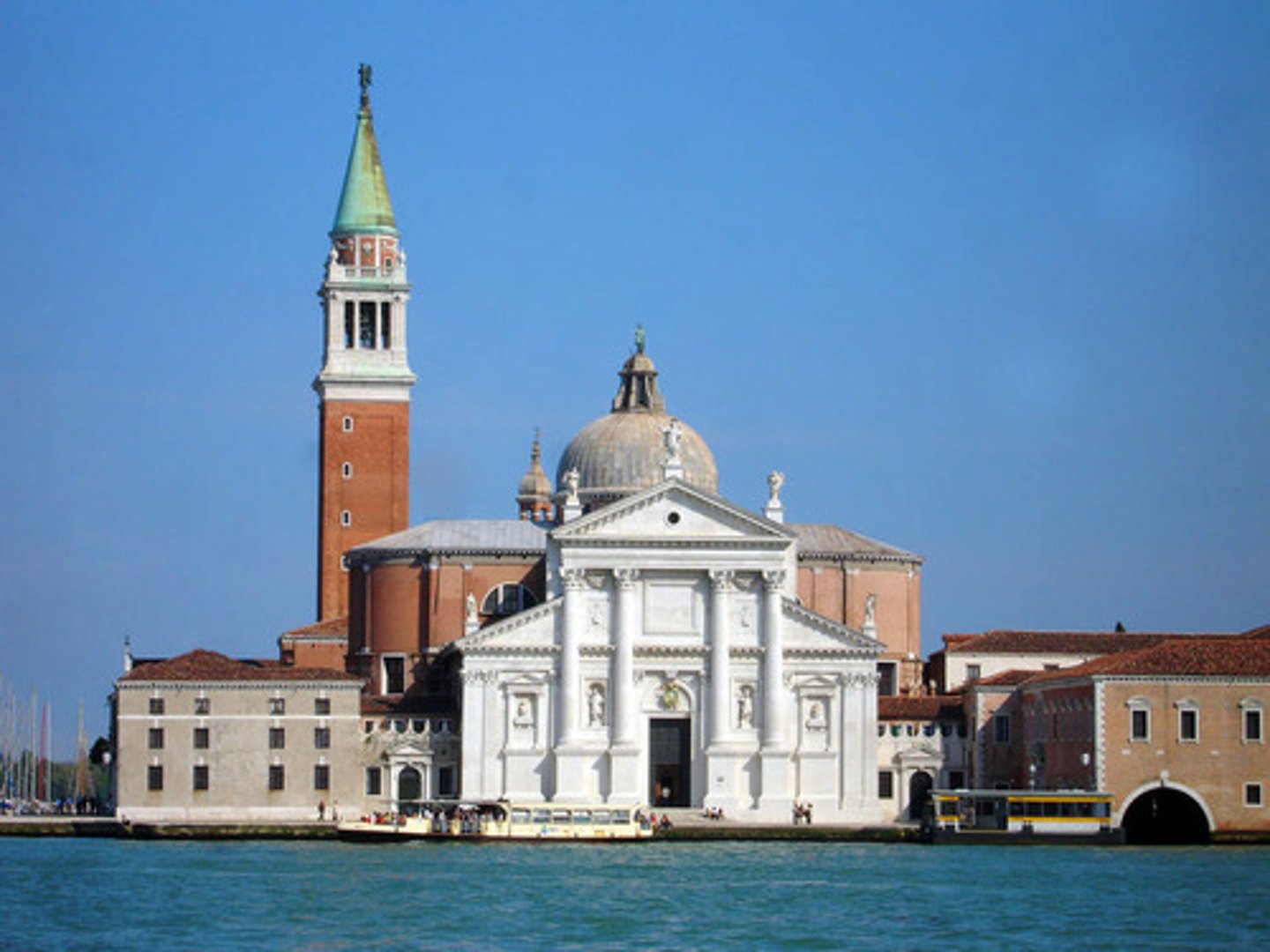AP Euro Topic 1.2 Italian Renaissance Terms and Names (Amsco Bolded)
1/30
Earn XP
Name | Mastery | Learn | Test | Matching | Spaced | Call with Kai |
|---|
No analytics yet
Send a link to your students to track their progress
31 Terms
Renaissance
Rebirth of Art and Learning that began around 1400 CE
Classical Era
The era from 800 BCE to 500 CE, the height of the Greek and Roman civilizations.
Humanism
An intellectual movement that focused on human potential and achievements
secularism
the idea that ethical and moral standards should be formulated and adhered to for life on earth not to please God. Not focusing on Religion.
humanist
European scholars, writers, and teachers associated with the study of the humanities (grammar, rhetoric, poetry, history, languages, and moral philosophy) Emphasized human achievement and dignity.
individualism
belief in the uniqueness of each person and that each person's achievements should be celebrated.
Petrarch
Father of Humanism. Characterized the "Middle Ages" as the "Dark Ages".
Cicero
an ancient Roman statesman and orator remembered for his mastery of Latin prose (writings/speeches). A hero of the Humanists.
Middle Ages
Also known as the medieval period, the time between the collapse of the Roman Empire in the fifth century CE and the beginning of the Renaissance in the fourteenth century.
vernacular language
Everyday language of ordinary people (rather than the scholarly language of Latin, for example)
philology
The use of the study of language to analyze historical texts for meaning and authenticity
Lorenzo Valla
humanist figure who used Philology to expose the Donation of Constantine (a church claim over the land of central Italy) as a forgery
Marcilio Ficino
Humanist known for translating Plato's works from Greek to Latin and for the explaining of the philosophy of Neoplatonism.
Pico della Mirandola
humanist figure who wrote Oration on the Dignity of Man and emphasized potential for human greatness. A Magi (enlightened scholar) is most respected Renaissance Humanist.
Oration on the Dignity of Man
This work, by Pico della Mirandola, is regarded as the most famous Renaissance statement on the nature of humankind. Humans are the only creatures on earth who possessed free will and could chose to become angels or pigs.
Civic Humanism
The belief that individuals owe a service to their community and its government to use their knowledge and understanding to improve society.
Baldassare Castiglione
An Italian author who wrote the book The Courtier in 1528. He described the ideal Renaissance man and woman.
The Book of the Courtier
Written by Baldassare Castiglione, this was a practical guide for the nobility defining the ideal Renaissance Man and Woman.
Niccolo Machiavelli
(1469-1527) Wrote The Prince which contained a secular method of ruling a country. "End justifies the means."
The Prince
Written by machiavelli, described that power is more important, "better to be feared than loved" and "the End Justifies the Means"
Francesco Guicciardini
A historian during the Renaissance that brought a modern look at the history of Florence and Rome which had not been done as well before. Had a dark view of humanity "There is nothing so fleeting as the memory of benefits received"
Naturalism
The artistic technique, created in the Renaissance, of attempting to depict (show) a realistic portrayal of a subject in art (proper proportions, skin colors, etc).
Geometric Perspective
a drawing method by which it is possible to use mathematics to depict a three-dimensional form on a two dimensional work.
Filippo Brunelleschi
Florentine architect who was the first great architect of the Italian Renaissance; built first dome over Cathedral of Florence
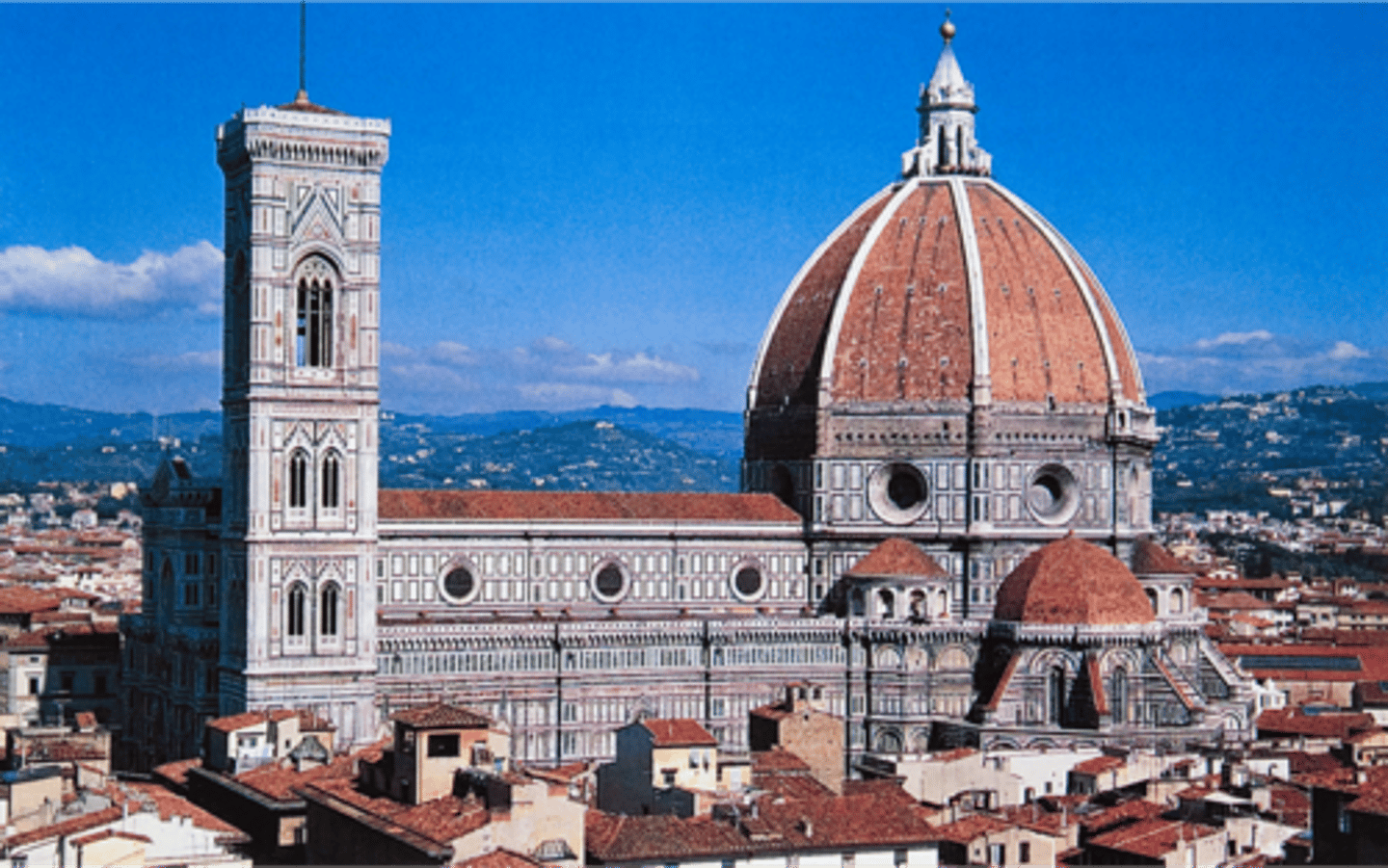
Donatello
(1386-1466) Sculptor. Probably exerted greatest influence of any Florentine artist before Michelangelo. His statues expressed an appreciation of the incredible variety of human nature.
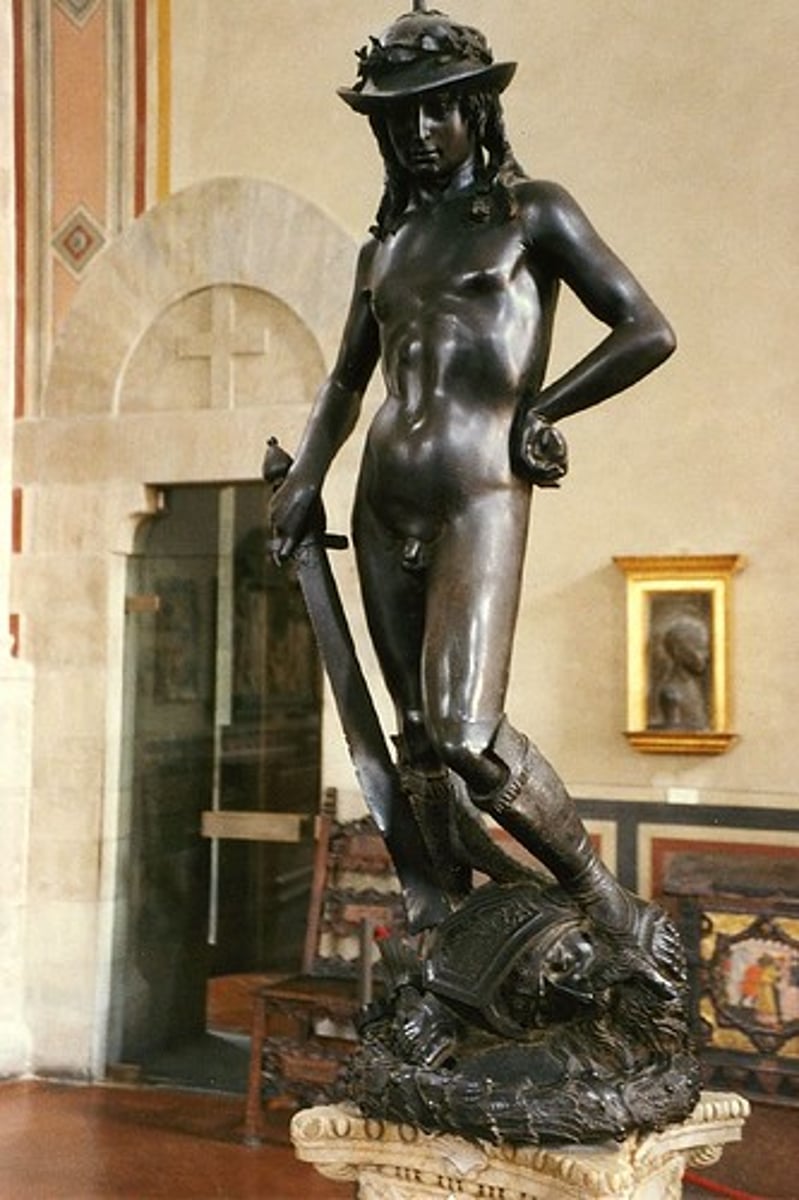
Leonardo da Vinci
Italian painter, engineer, musician, and scientist. The most versatile genius of the Renaissance, who filled notebooks with engineering and scientific observations that were in some cases centuries ahead of their time. As a painter is best known for The Last Supper (c. 1495) and Mona Lisa (c. 1503).
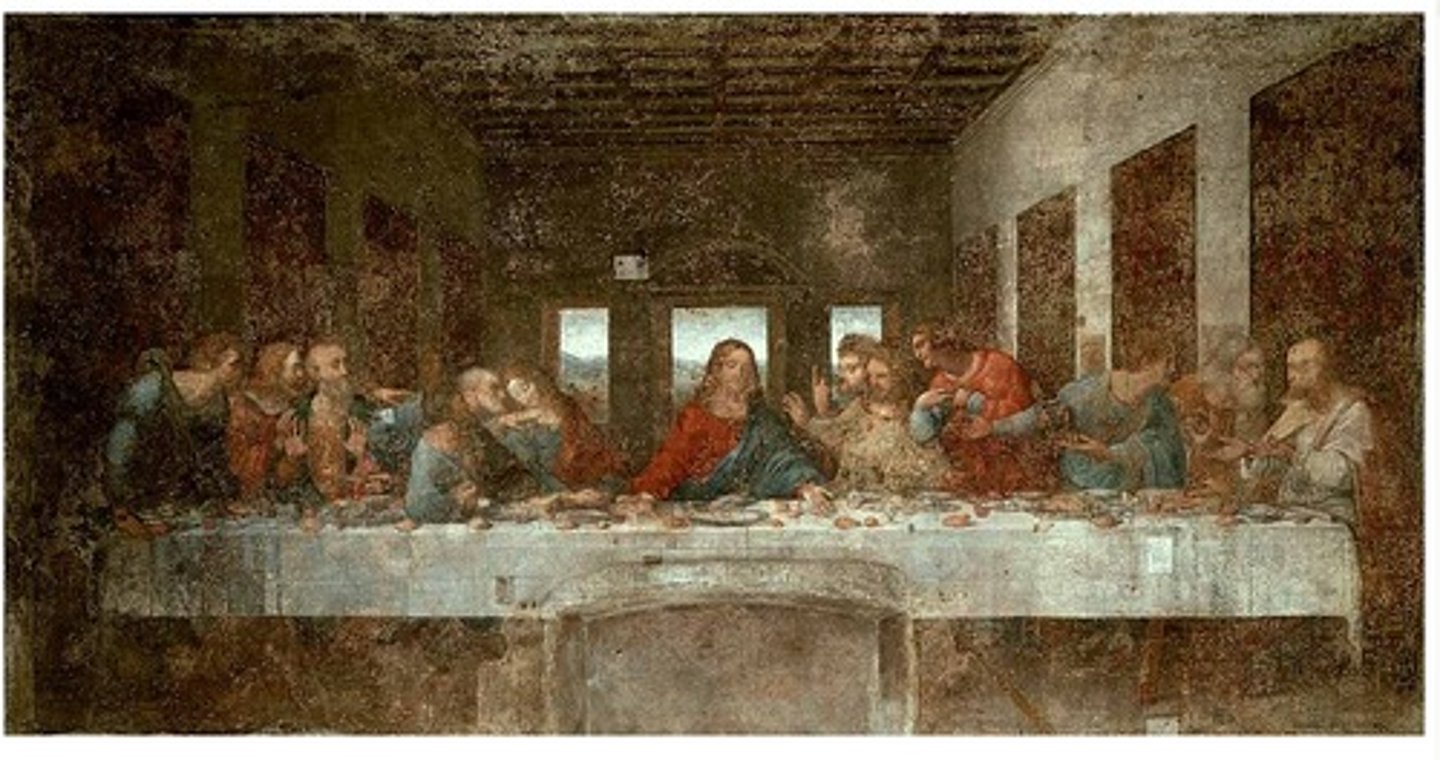
fresco
a painting done rapidly in watercolor on wet plaster on a wall or ceiling, so that the colors penetrate the plaster and become fixed as it dries.
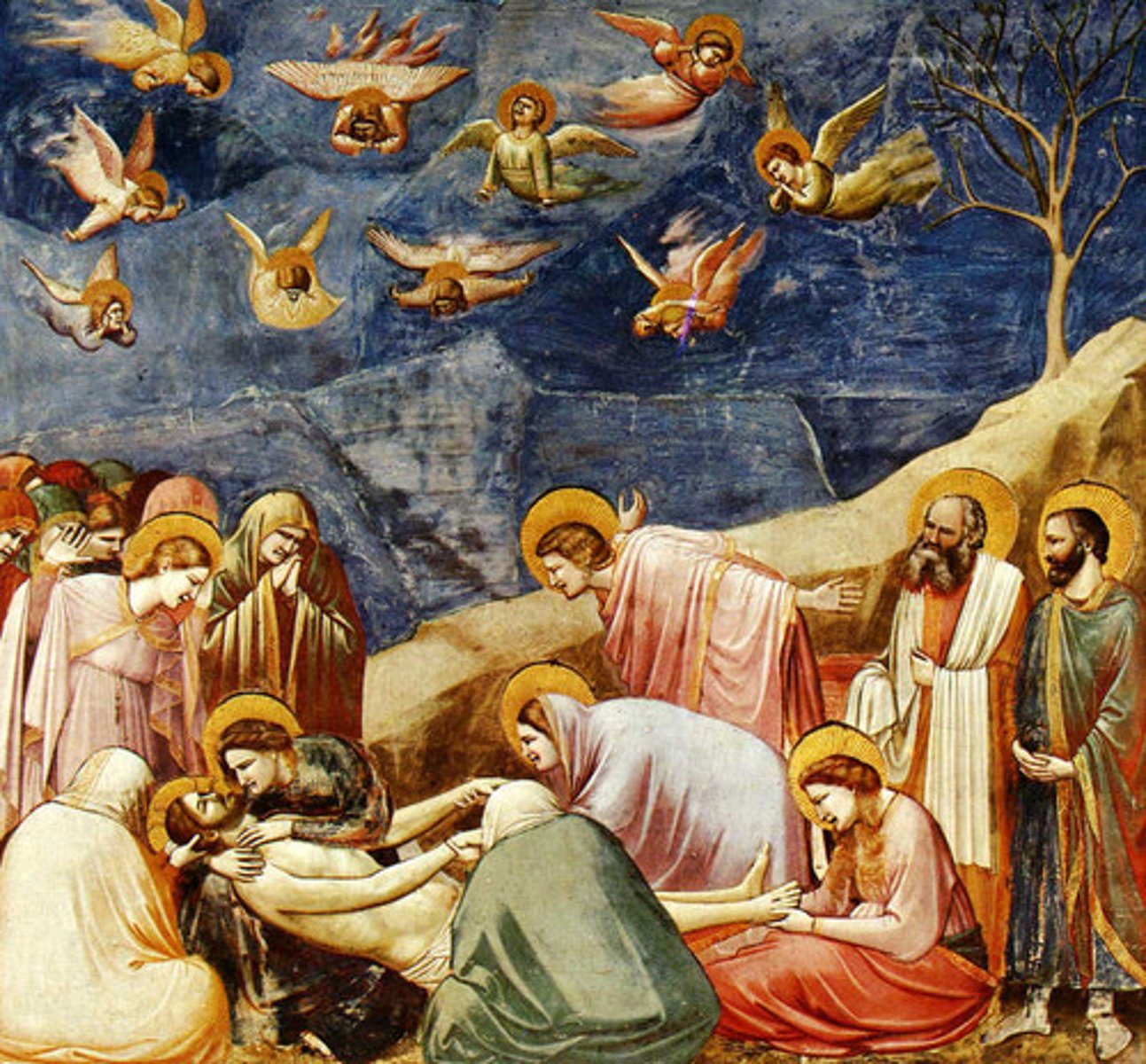
Michelangelo
(1475-1564) An Italian sculptor, painter, poet, engineer, and architect. Famous works include the mural on the ceiling of the Sistine Chapel, and the sculpture of the biblical character David.
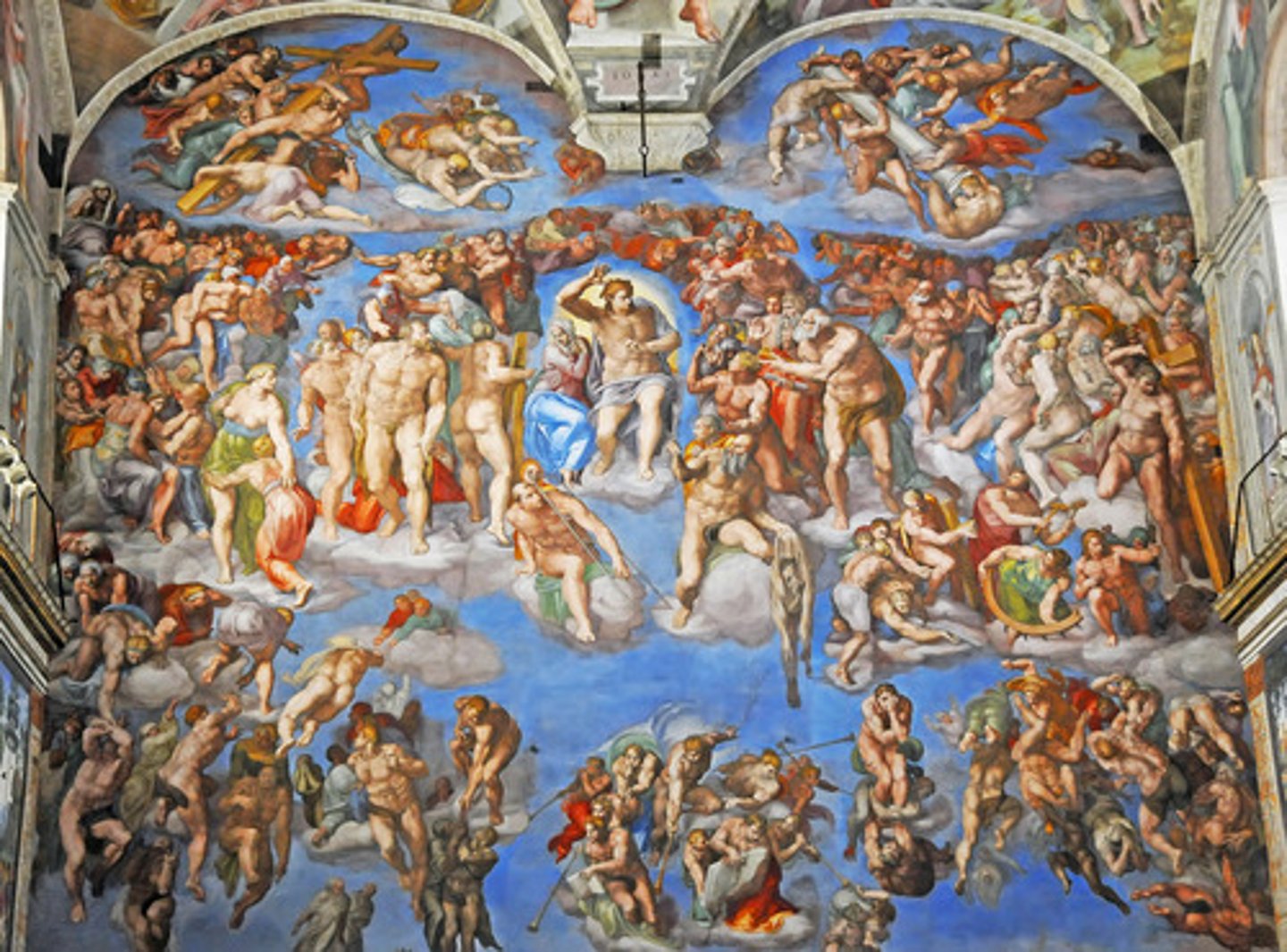
Raphael
(1483-1520) Italian Renaissance painter; he painted frescos, his most famous being The School of Athens.
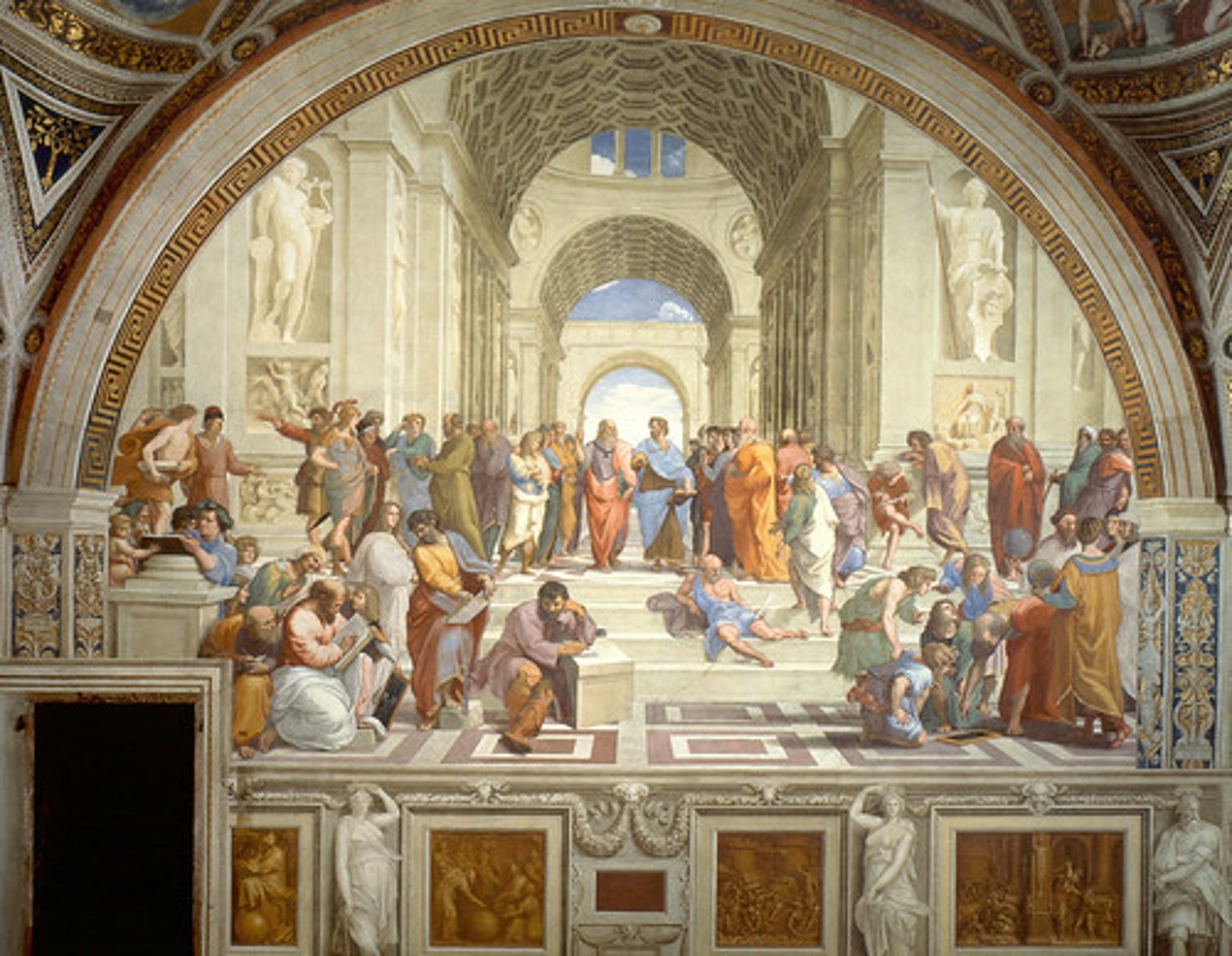
Leon Battista Alberti
An accomplished humanist scholar who was a noted architect and builder in Florence.
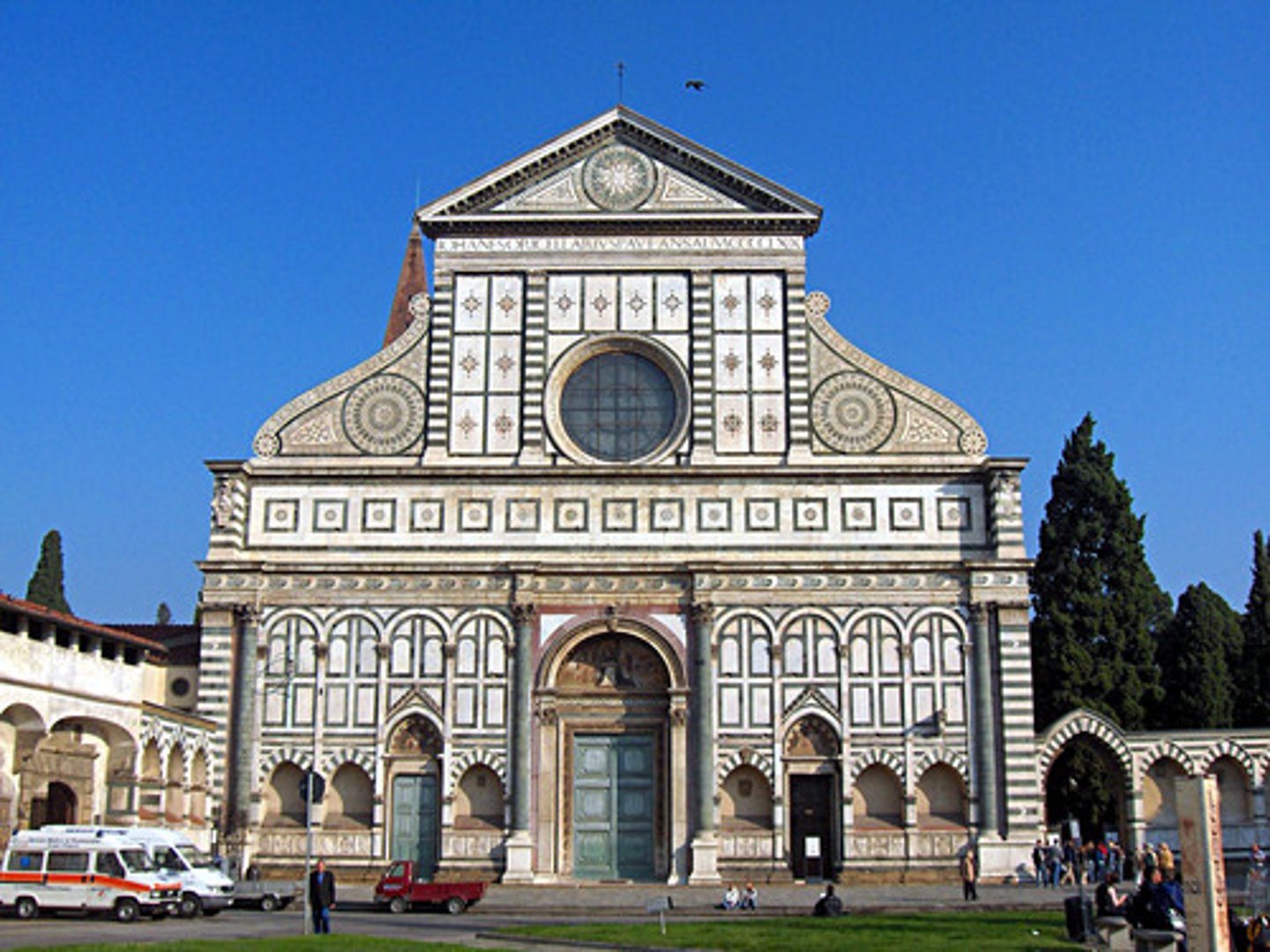
Andrea Palladio
Renaissance Architect who made recreations of Classical Buildings using Renaissance-era materials. Centered in Venice.
